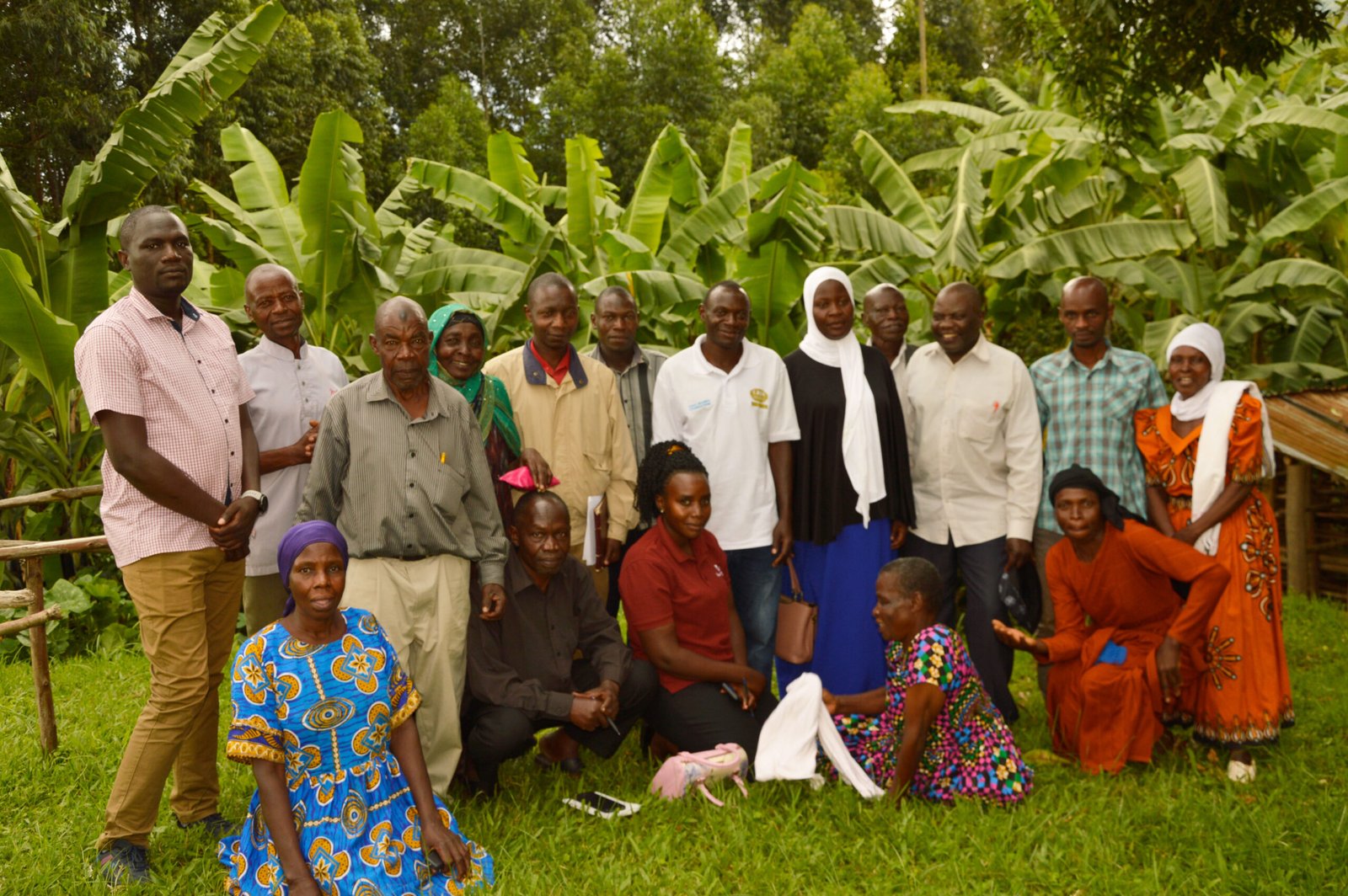A MIDLINE EVALUATION STUDY CONDUCTED FOR ASSESSING THE IMPACT OF SLOW FOOD UGANDA’S PROJECT: ACCELERATING AGROECOLOGICAL FOOD PRODUCTION, CONSUMPTION, AND MARKET ACCESS FOR RESILIENT FOOD SYSTEMS IN UGANDA
Slow Food Uganda is implementing a three-year project (2023-2025) called “Accelerating Agroecological Food Production, Consumption and Market Access for Resilient Food System in Uganda” with the aim of contributing to the transition towards agro-ecological food systems in Uganda while improving the livelihoods of local farming communities. To assess the impact and progress of the project, Slow Food Uganda conducted a Midline evaluation in the benefiting districts where the project is currently being implemented.
This project is implemented in 7 districts in Uganda including; Manafwa and Mbale in Eastern Uganda, Mukono, Buikwe and Mubende in Central Uganda, Lira in Northern Uganda and Mbarara in Western Uganda. Several Slow Food communities and stakeholders were sampled to have crucial insights into the project’s progress and impact.
The study delved into key outcomes such as, assessing the effectiveness of agroecology in improving the livelihoods of the farmers and enhancing dietary diversity of consumers and unintended consequences identified to ensure the project is on track to achieve its intended goals and outcomes.
Through a condensed evaluation framework, the dipstick study aims to provide a quick and insightful overview of the project’s effectiveness was conducted, allowing for timely adjustments and improvements.
The midline evaluation study assessed key indicators such as the adoption of agroecological practices, changes in dietary habits, market engagement, and the project’s overall effectiveness in building resilient food systems. A team led by the Slow Food Uganda M&E Officer conducted interviews, surveys, and field observations to gather data on these aspects using the methodology of qualitative and quantitative methods to cover various aspects such as impact, relevance, cohesion, effectiveness, sustainability, and learning tailored to project beneficiaries.
Throughout the process, interviews and focus group discussions with Slow Food community leaders and Local Council Leaders were used to gather in-depth perspectives on satisfaction, inclusiveness, and participation activities. Participatory techniques encouraged collaboration with respondents to understand their experiences and feedback.
Preliminary findings indicated significant progress in several areas. Farmers reported increased yields and improved soil fertility by adopting agroecological practices such as crop diversification, organic fertilization, and water conservation techniques. In addition, there was a noticeable shift in dietary patterns towards more nutritious and locally sourced foods among project beneficiaries.
Market access and engagement also showed tremendous results, with some farmers accessing the Earth Markets established in some of these districts. However, challenges remain, particularly in the districts where the Earth Markets have not been established making it difficult for the farmers to access markets for their agroecological produce. Limited access to resources, technical knowledge, pests and diseases, land grabbing, and infrastructure constraints continue to hinder fully realizing the project’s objectives.
The midline evaluation study underscores the importance of continued support for initiatives that build resilient and sustainable food systems that benefit both people and the planet.
The Accelerating Agroecological Food Production, Consumption, and Market Access for Resilient Food Systems in Uganda project is realized with the generous support of Biovision Foundation.

